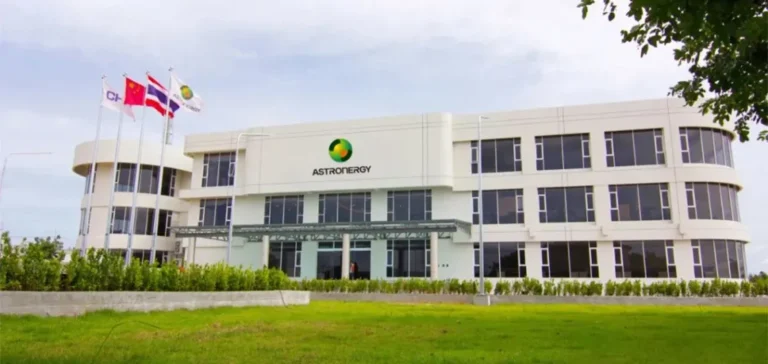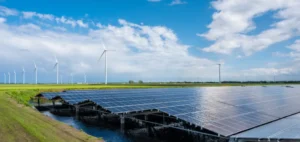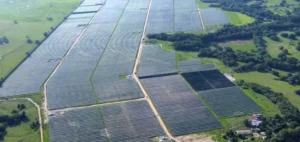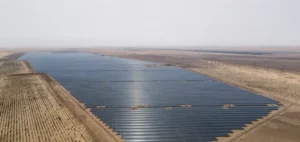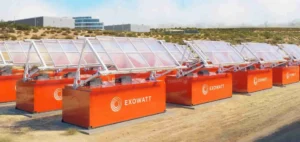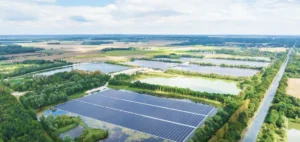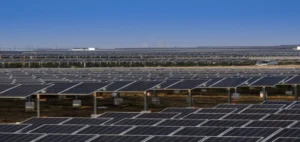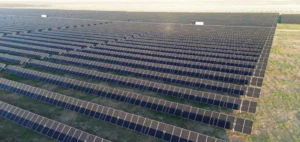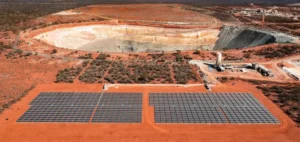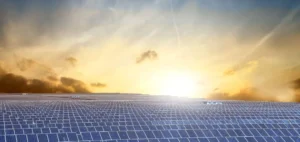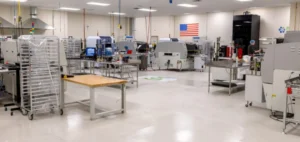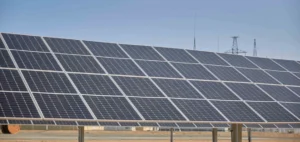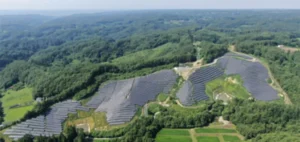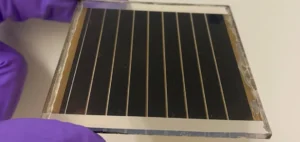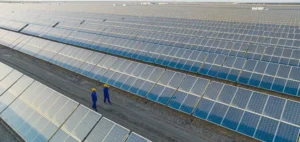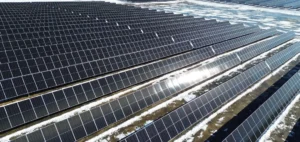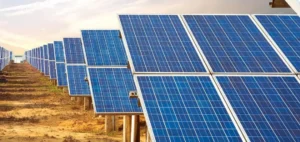Turkish solar panel manufacturer Alfa Solar and Astronergy Europe, the German subsidiary of Chinese group Chint Group, have signed a joint venture agreement to establish an integrated solar manufacturing unit in Turkey. The project, operated through Astronergy Yüksek Teknoloji Enerji Sanayi ve Ticaret A.Ş., registered with the Istanbul Trade Registry, aims to strengthen the photovoltaic supply chain in the country.
An annual capacity of 2.5 GW from phase one
The facility, to be built on land allocated within the Balıkesir Organised Industrial Zone in the country’s northwest, will target an annual production capacity of 2.5 GW. The first stage will include silicon ingot slicing for wafer production, which forms the basis for photovoltaic cells. The estimated cost of this phase is $200mn, according to the companies.
Both firms will hold equal 50% stakes in the joint venture, subject to future share transfer or capital increase procedures. The project is expected to benefit from the Ministry of Industry and Technology’s HIT-30 programme, a government support scheme for strategic industrial investments running until the end of the decade.
Regional industrial positioning and export ambition
The site will be the first of its kind to offer a complete industrial-scale production line from wafer slicing to cell manufacturing in the region. Alfa Solar, headquartered in Ankara, currently produces 2.5 million solar panels annually at a facility covering 40,000 square metres.
Astronergy Europe had earlier announced a $500mn investment plan to launch a production line for tunnel oxide passivated contact (TOPCon) solar cells in Europe. A significant portion of output is expected to be exported, with a target of at least 80% directed outside the domestic market.
Towards greater value chain integration
The decision to establish this plant in Turkey is aimed at reinforcing regional industrial resilience against the concentration of photovoltaic components in Asia. The strategy aligns with partial reshoring of critical segments of the solar industry. According to company data, local production should eventually meet a significant share of regional demand.
The partnership comes amid rapid growth in Turkey’s solar market, driven by government policies promoting industrialisation and import substitution. Commissioning of the first phase could begin before the decade’s end, depending on permitting and construction timelines.


